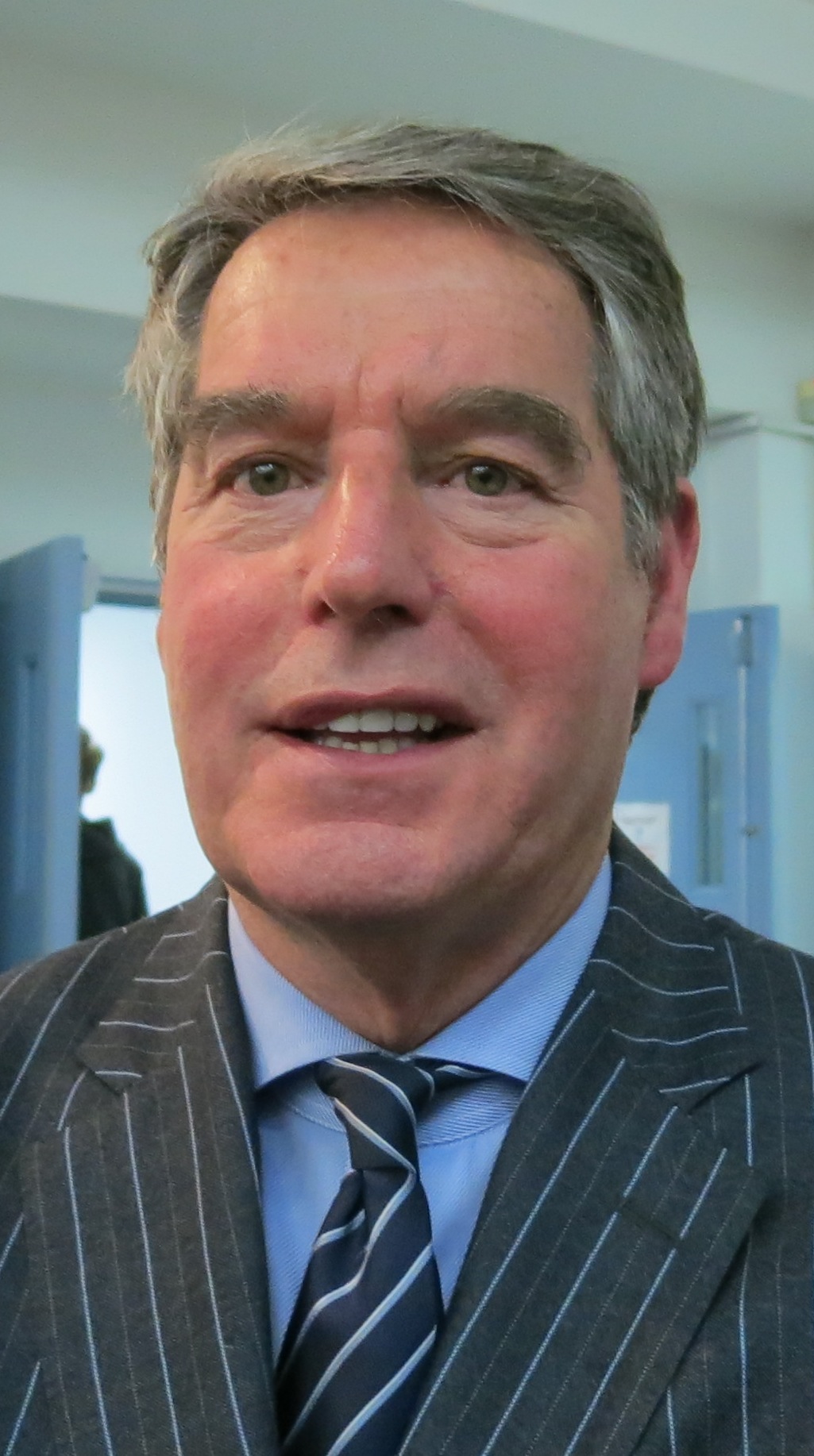Is the continued imprisonment of Omar Khadr actually a question of principle for the Harper Government, or has it become such an embarrassment that our Conservative leaders in Ottawa have concluded he must be kept under wraps as long as possible for reasons of political expediency?
The hatred and hysteria with which the supporters of this government attack the former child soldier, who is now 27 and resides in a federal penitentiary here in Edmonton after pleading guilty to a variety of war crimes charges before a “military commission” run by the U.S. armed forces, suggests the latter.
Either way, though, the explanation hardly shows our federal government in a good light. And perhaps not the rest of us Canadians either, given the sorry tale of what happened to our fellow citizen when he was still a child, abandoned by his father in a war zone, pressed into service as a child soldier and put on trial after being grievously injured in a battle with American forces.
The question Canadians who believe in common decency and the rule of law need to ask themselves now, though, is what can we do about it?
Various legal challenges are in the works, as regular readers of the news columns surely know. Khadr’s Canadian lawyer, Dennis Edney, has launched an appeal of an Alberta court decision that denied his request to be transferred from the maximum-security Edmonton Institution to a provincial jail.
Khadr’s American attorney, Samuel Morison of the United States Department of Defense, has challenged his conviction for war crimes by a military commission inside the extra-territorial U.S. prison at Guantanamo Bay in occupied Cuban territory.
But the wheels of justice grind slowly, when they grind at all. And the Canadian government, which never lifted a finger to help this young man and which resisted his return to Canada until the embarrassed Americans put him on a plane and sent him home, has now adopted a strategy of doing anything it can to prevent his release.
“The government is going to run the clock out on Omar Khadr,” said Edney, who spoke a week ago today at a packed forum on the case at Edmonton’s King’s University College, a private university founded by the Christian Reformed Church that has taken up Khadr’s case with increasing vigour.
The Harper government, Edney explained, has the legal power to do the right thing, “but it can’t, because it’s put its reputation at stake” by supporting the prosecution of a 15-year-old boy in a judicial proceeding, that while not quite a kangaroo court, hardly lives up to the standards of Canadian justice.
Even that explanation may be a generous one, it is said here, because the passions aroused by Canada’s enthusiastic participation in the war in Afghanistan obviously made Khadr’s fate an effective wedge issue for the relentlessly cynical Harper Tories. Is it beyond the pale they would care more about their own electoral fate than justice for a young man caught in the meat-grinder of a war he didn’t choose?
Surely it is not that hard to imagine that the Harper Government risking even a constitutional crisis to prevent Khadr’s release before the next election if actually ordered to do so by a court.
Adherents of the Harper government’s line are bound to angrily assert that Khadr pleaded guilty to the charges. Indeed, Steven Blaney, the minister of Public Safety, said just that, telling the CBC: “Omar Khadr pleaded guilty to very serious crimes… The government of Canada will vigorously defend against any attempted court action to lessen his punishment for these crimes.”
But as Morison pointed out to the crowd at King’s last week, “If he had been tried by the standards that prevailed here in Canada, he would never have been convicted.”
What’s more, the American lawyer explained, given the Kafkaesque inversion of justice in the Guantanamo commissions, “the only way to win at Gitmo is to lose … the only way to get off the island was to plead guilty.” For a prisoner to insist he is innocent is to sentence himself to life in prison: “That drains the trial process of any real meaning.”
Indeed, last Friday, Canadian lawyers representing Khadr filed civil arguments claiming the Canadian government conspired with U.S. authorities to abuse the prisoner to ensure he pleaded guilty.
Morison, perhaps with the hyperbole of a good trial lawyer, insists the principal crime to which Khadr pleaded guilty — killing a U.S. soldier with a hand grenade — could never have happened the way prosecutors claimed. Indeed, he said, not only did Khadr not perpetrate a war crime, “he was himself the victim of a war crime!” You can click here to see a video of Morison’s illuminating remarks.
This case was the first time in modern history, Morison added, that a 15-year-old was prosecuted for war crimes.
But what can Canadians do now?
“There’s no great big fix in the world,” Edney told the approximately 300 people who attended the forum at King’s. “There’s steps, little steps.”
“You can’t speak in the Supreme Court, but you can speak to your friends,” he explained. “You can go to your local politician…” But nothing will happen, he advised, “without you, without you getting angry, without you saying you will work night and day … only then will you get a result.”
And you must have faith in the rule of law, Edney counselled, as has King’s – “the rule of law is applying here today.”
King’s, he said, “this little Christian university,” has “advocated far more strongly than any other university in Canada, for a Muslim boy.”
So what are the rest of us going to do?
This post also appears on David Climenhaga’s blog, Alberta Diary.



